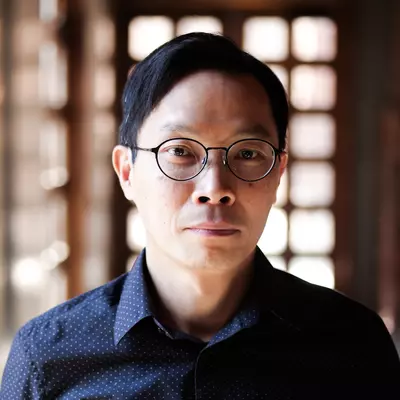Chinese Ethnopolitics and State-building: The Case of Muslim General Bai Chongxi
Bai Chongxi’s life spanned the Late Qing, the founding of the Chinese Republic and its fracturing into the so-called “Warlord Era,” the Nanjing Decade, the Second Sino-Japanese War, the Chinese Civil War, and the establishment of the People’s Republic of China. His displacement from the mainland to Taiwan in the late 1940s was jarring. Beyond being very far and very different from Guangxi, the move required a quick realignment of ethnopolitics and outreach to anticolonial Muslims around the world. Suddenly, the goals of retaking the mainland from the Communists subsumed the long efforts of Chinese Muslims to be included into visions for the emerging Chinese nation-state. This talk examined some of the tensions between the ways that Bai tried to ensure that Muslim voices were heard in postwar politics and the ways that he navigated the new geopolitical realities in the Global South. By doing this, we see that Bai attempted to foreground Muslim concerns as a pressing geopolitical issue for the Nationalists.

